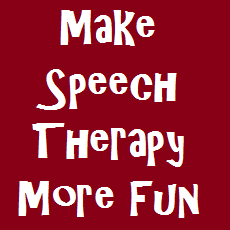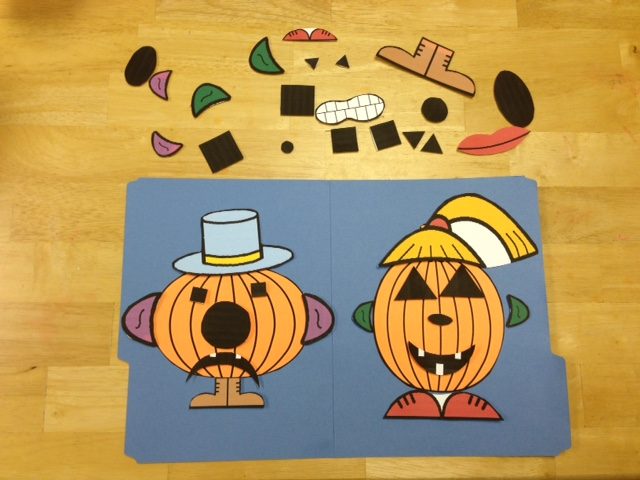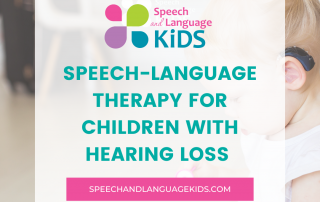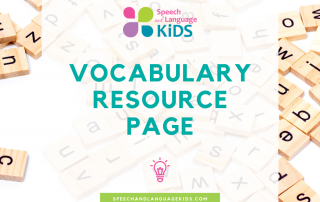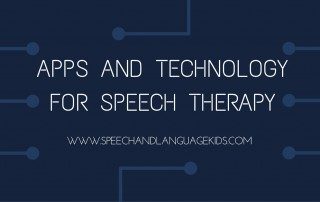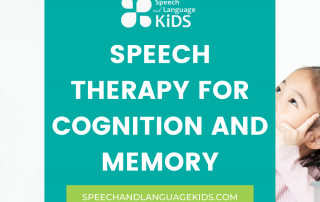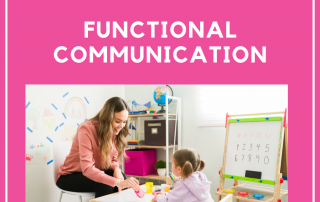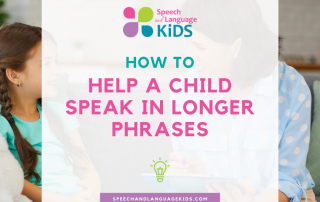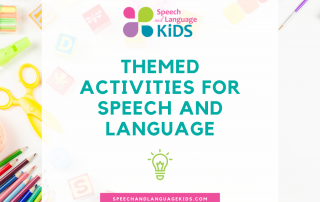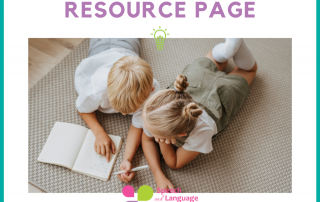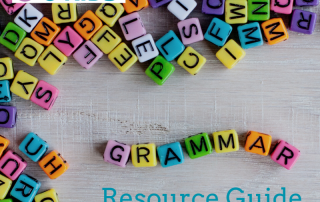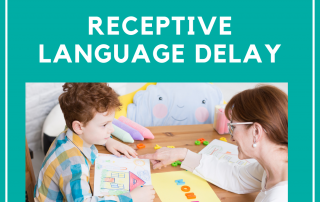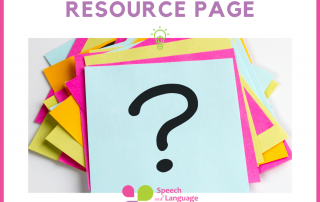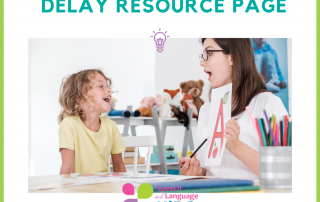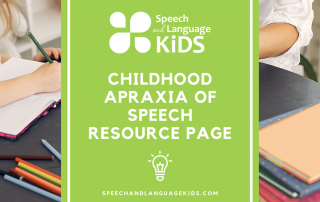Topic:
Resource Type:
Results:
Initial Consonant Deletion: Minimal Pairs and Therapy Activities
What is Initial Consonant Deletion? Initial consonant deletion is the phonological process when a child consistently leaves off consonants from the beginning of words. For example, "stick" becomes "ick" and "tree" becomes "ee". While young children often leave consonants off of the ends of
How to Make Speech Therapy More Fun (At Home or in Therapy)
“If you’re bored, then the child is probably bored.” I once received that advice from a professor in college regarding our speech therapy sessions. And she was right. If I was feeling bored by a session, most likely the child was also bored and probably not doing his or
/f/ Sound Speech Therapy: Activities for teaching “f”
/f/ Sound Speech Therapy: How to Help Children Learn to Say the /f/ Sound Some children struggle to say the /f/ sound in conversational speech. We don't typically start working on the /f/ sound in therapy until a child is 4-5 years old as many children still struggle
Halloween Speech Therapy Activities
Halloween Activities for Speech and Language Halloween is almost here and children everywhere are getting excited about costumes and candy! Now is a great time to use the excitement of Halloween to get kids excited about working on speech and language skills. Here are some Halloween activities that will
Speech Therapy for Children with Hearing Loss
What is Hearing Loss? The term hearing loss describes a problem with a child’s hearing. Hearing loss can range from mild to profound. A child with a mild hearing loss may be able to understand the general idea of what is being said but may miss certain sounds or specific details.
Vocabulary Resource Page
Vocabulary Activities for Children: How to Boost Vocabulary Skills Vocabulary refers to all of the words that we know. There are four different types of vocabulary: 1. Listening Vocabulary: Words you understand if you hear someone else say them. 2. Speaking Vocabulary: Words you are able to use during
SLP Apps and Technology
How are Apps and Technology Used in Speech-Language Pathology? Technology is a wonderful thing and we are seeing it used more and more in speech-language pathology practices. Speech-Language Pathologists (SLPs) are using computers, tablets, smart phones, smart boards, and more in speech therapy for a variety of purposes. Parents are
Speech Therapy for Memory & Cognitive Skills
Speech Therapy for Memory and Cognition Skills Speech-language pathologists can help children with memory and cognitive skills. These problems may be a result of a developmental disability or could be associated with an accident, such as with traumatic brain injury. Whatever the cause, speech therapy can help children
Functional Communication: Goals and Speech Therapy Ideas
What is Functional Communication? Functional communication refers to the most basic of communication skills. This type of communication gets one's basic wants and needs known, such as "I want that", "I am hurt", or "I need to use the bathroom". These are not complex
Literacy Resource Page
What is Literacy? Literacy refers to any reading or writing skills. Children with speech and language delays often have difficulty with literacy skills as well. Children who have difficulty pronouncing or understanding certain speech sounds may have difficulty with reading and writing those sounds as well. This can
Mean Length of Utterance (MLU) | Meaning, Norms, and Goals
Mean Length of Utterance (MLU) | Meaning, Norms, and Goals for Increasing Sentence Length Mean Length of Utterance: What is MLU? Mean length of utterance, or MLU, refers to the average length of the sentences that a child typically uses. For example, when children
Themed Activities for Speech and Language
What is a Themed Activity? This refers to groups of activities that are based around a common theme. For example, you may have activities that are all about sports or winter. Themed activities can be great for working on speech and language skills. Here are some benefits of using
Speech and Language Crafts
Why Use Crafts for Speech and Language Development? Craft activities are great for improving a child's speech and language skills! Not only are they fun to do, but they also work on a variety of speech and language skills without even trying to. Plus, children will have a physical
Social Skills Therapy for Kids: How to Teach Social Communication Skills
Social Skills Therapy: How to Teach Social Communication Skills to Children Some children struggle with the social skills necessary to make and keep friends. It can be tricky to figure out exactly why the child is struggling so this may take some observations and lots of self-reflection on
Grammar Resource Page
What is Grammar? When we talk about helping children who have speech and language delays with grammar, we are talking about all of those little words and word parts that help us make complete sentences. Without grammar, our sentences would sound choppy or telegraphic. For example, instead of saying
Receptive Language Delay: Speech Therapy and Activities
Receptive Language Delay: Speech Therapy and Activities What is Receptive Language Delay? Receptive language delay is a broad diagnosis that simply means that a child has trouble understanding language. This covers a wide variety of language skills and the child may have trouble with all of those skill,
Questions Resource Page
Asking and Answering Questions Children with speech and language delays often have difficulty asking and answering questions appropriately. This is a difficult skill as it requires the child to understand what is being asked, process the question, form an answer, and speak that answer. Or, if the child is
Expressive Language Delay Resource Page
Therapy Activities and Resources for Expressive Language Delays: What is an Expressive Language Delay? Expressive language delay (ELD) is a broad diagnosis that simply means that a child is having trouble using language in some way, shape, or form. Since this diagnosis is so broad, each child with
Childhood Apraxia of Speech: Treatment and Resources
Childhood Apraxia of Speech: Treatment and Resources Childhood Apraxia of Speech (or CAS as we refer to it as), is a type of speech disorder that occurs in children, although it is rather uncommon. It is different than other speech disorders because it is neurologically-based, meaning it has
Sensory and Behavior Resource Page
Many children with speech and language problems also have sensory concerns and/or behavior concerns. For that reason, I have included resources for these topics as well. Browse below to see what information I have. How Do Behavior Concerns Go Along with Communication Delays? When a child is unable to
Podcast: Play in new window | Download | Embed
Subscribe: Apple Podcasts | RSS


